North Vietnamese leaders
Here are five key North Vietnamese leaders during the country's war against the United States.
- Ho Chi Minh -
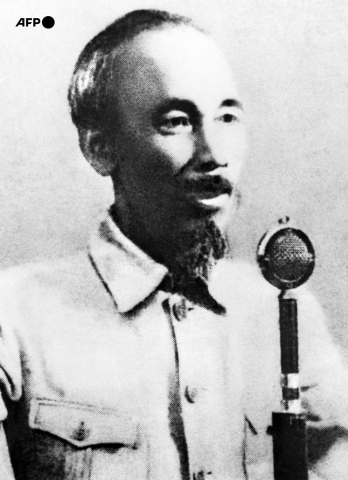
When communist forces seized the southern Vietnamese city of Saigon on April 30, 1975, "Uncle Ho" had been dead for six years. He remained in everyone's minds however as the father of independence, which he had proclaimed 30 years earlier despite the presence of French troops.
Ho Chi Minh was just the last pseudonym of Nguyen Sinh Cung, born on May 19, 1890 to a senior official of the colonial administration.
He led a long fight for the independence and reunification of Vietnam, starting with the founding in Hong Kong in 1930 of the Indochina Communist Party.
In 1941 Ho founded the Vietminh, the political and paramilitary organisation of those seeking independence, and gave crucial backing to the South Vietnamese guerrilla group known as the Vietcong.
Military supplies were ferried south along a long, camouflaged corridor dubbed the "Ho Chi Minh trail".
Nearly seven years after Ho's death on September 2, 1969, the united Socialist Republic of Vietnam was officially created on July 2, 1976.
- General Vo Nguyen Giap -
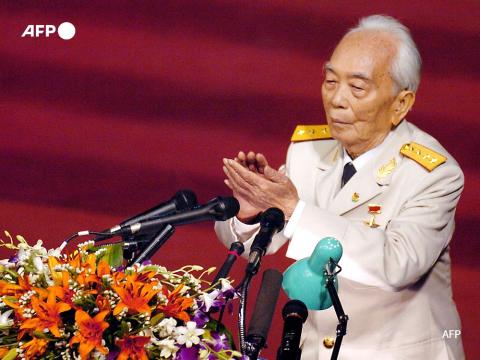
The architect of a stunning victory against the French and the capture of Saigon, Giap was a gifted military strategist.
When he died in October 2013, aged 102, he was given a state funeral despite ongoing tension with senior communist party officials.
Giap was second only to Ho as modern Vietnam's most revered figure.
The son of a poor scholar, he defeated Vietnam's colonial masters in 1954 at Dien Bien Phu, the battle that ended French rule in Indochina and drew the United States towards the Vietnam war.
Over the next two decades, the founding father of the Vietnam People's Army, whose guerrilla tactics inspired anti-colonial fighters worldwide, led his troops to a final victory with the fall of Saigon on April 30, 1975.
- Le Duc Tho -
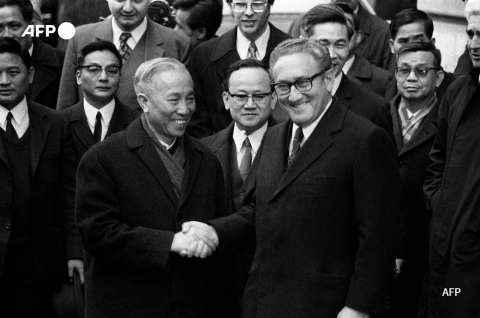
Tho was North Vietnam's lead negotiator in the 1973 Paris Peace Accords that marked the end of US military involvement in Vietnam.
He was awarded the Nobel Peace Prize in 1973 with US Secretary of State Henry Kissinger but refused it on the grounds that the situation "that continues in South Vietnam under the Saigon administration and the United States" made it impossible for him to accept.
Tho's name was a pseudonym for Phan Dinh Khai. Born on October 14, 1911 in the northern province of Ha Nam, he played a key role when the communists sought to annul the proclamation of the Republic of South Vietnam, backed by Washington, 15 months after the 1954 Geneva accords had ended French colonisation.
He died in October 1990.
- Tran Van Tra -
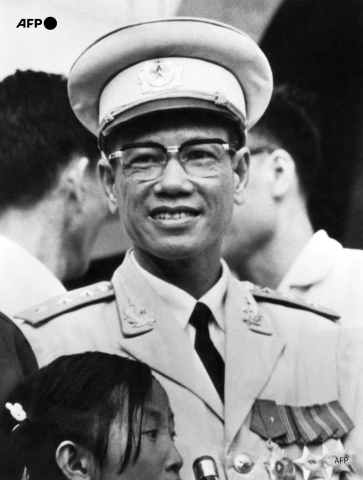
This army general commanded Vietnamese communist raids on Saigon during the 1968 Tet offensive and directed the final assault when the city fell in 1975.
Tra, born in January 1919 in the southern province of Quang Ngai, served after the war as a deputy defence minister under Hanoi's military leader, Giap, and sat on the Communist Party Central Committee.
But Tra was purged from those positions in 1982 after publishing a book that criticised as a military failure the Tet offensive -- an audacious campaign of assaults around the country that cost the Vietcong dearly in terms of casualties and failed to trigger a popular uprising but helped turn US public opinion against the war.
He died on April 20, 1996.
- Le Duan -
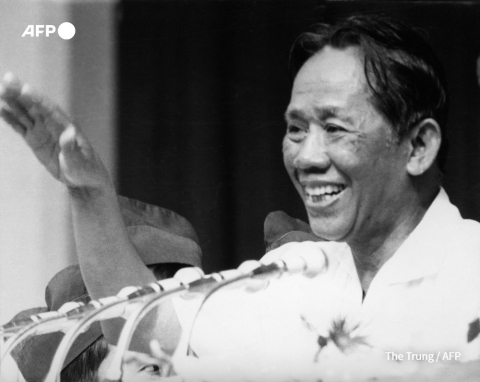
Ho's successor, Le Duan was the overall communist chief when Saigon fell in 1975 and was known for his policy of reunification through force.
Born on April 7, 1907 to a poor family in the central province of Quang-Tri, at the border of north and south Vietnam, he was the top decision-maker in Vietnam from the mid-1960s, when Ho's health began to fail, until his own death in 1986.
Le Duan sought to rebalance relations with China and what was then the Soviet Union but ended up closer to Moscow, which in 1979 accorded him the Lenin Peace Prize.
